President Joe Biden is taking executive action to combat climate change while creating high quality American jobs, building on the steps he took on his first day in office. EDF is providing this analysis of some of the actions the President took on January 20th and is taking today.
Wednesday, Jan. 27 Climate actions
Omnibus Domestic and International Climate Executive Order
If there was any doubt before today that the Biden administration was making climate change central to policy across the administration, today’s major action erased it. The Omnibus Executive Order clearly implements a “whole of government” approach to climate change:
- A new White House Office of Domestic Climate Policy under the leadership of National Climate Advisor Gina McCarthy.
- A new post of Special Presidential Envoy for Climate Change, filled by John Kerry, charged with the development of U.S. international climate policy.
- A National Climate Task Force, led by McCarthy and Kerry, that will coordinate climate policy across the administration and ensure that climate is integrated into every aspect of domestic and international policy.
The administration clearly intends today’s major announcements to be the start of a historic push to reduce climate pollution. That vision should include 100 percent clean electricity by 2035 together with 100% clean cars by 2035 and all new zero emitting trucks and buses no later than 2040. Eliminating the extensive climate and air pollution from these sources together with the administration’s commitment to slash methane from new and existing oil and gas extraction activities are among the single most important steps we can take immediately as a nation to address the climate crisis.
These actions will save tens of thousands of lives each year as smokestacks, tailpipes and oil and gas discharge deadly particle pollution, smog-forming contaminants and air toxics. For far too long, too many communities and neighborhoods have been disproportionately afflicted by the heavy and unjust burden of industrial air pollution.
The race to deploy clean solutions will also create new American jobs, strengthening American manufacturing now and for years to come, and create economic opportunities in urban and rural communities alike to build 21st Century infrastructure. As shown by two new EDF reports, eliminating pollution from new cars by 2035 will bring extensive health, climate, cost saving benefits of eliminating pollution from new cars by 2035.
Climate Leaders’ Summit
The White House also confirmed that it will host the online Climate Leaders’ Summit on April 22, Earth Day. The summit, which fulfills one of President Biden’s campaign pledges, will bring together world leaders to discuss pressing climate issues ahead of COP 26. It will mark the next key step in the U.S. government’s engagement on international climate.
Pausing federal oil and gas leasing
After years of giving away oil and gas leases at fire-sale prices, tapping the brakes is a sensible and necessary step. It will give the administration time to determine whether oil and gas leasing on public lands can be reconciled with the need to rapidly transition to a clean energy economy. It will allow permanent protections to be put in place for the Arctic, parks and monuments, lands that are culturally significant to Native American communities and coastal areas that have long been off-limits. Critically, it will also allow time for EPA and BLM to reinstate and strengthen methane and waste prevention rules rescinded by the previous administration. With industry already sitting on more than 13 million acres of idle oil and gas leases, claims that a pause on leasing will cause economic harm stretch all credulity.
Read More »











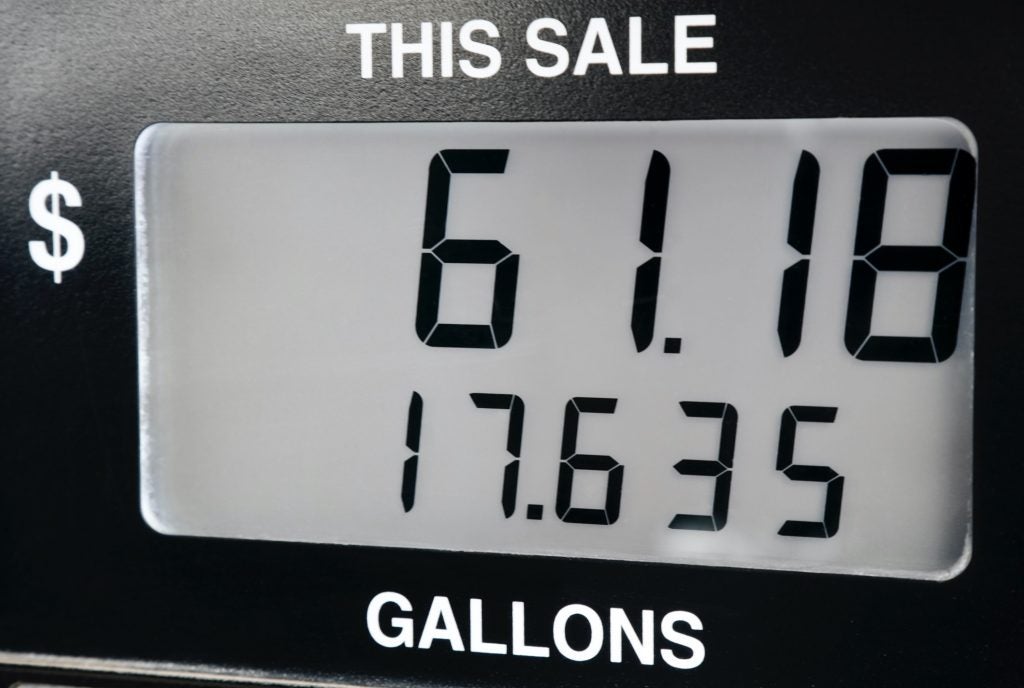 The average American household spends about
The average American household spends about 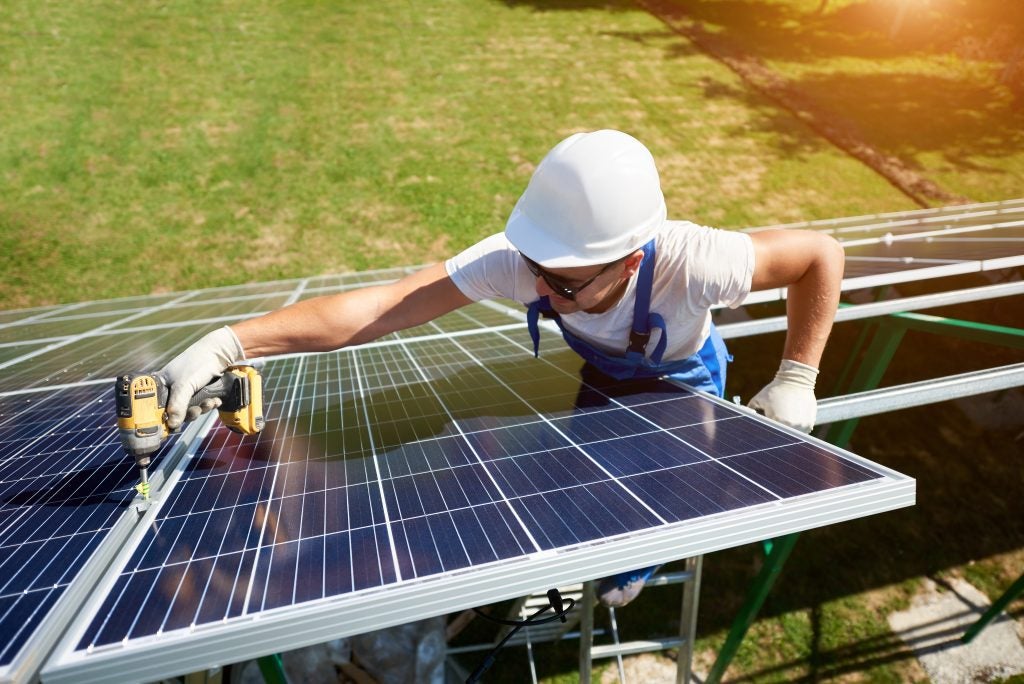
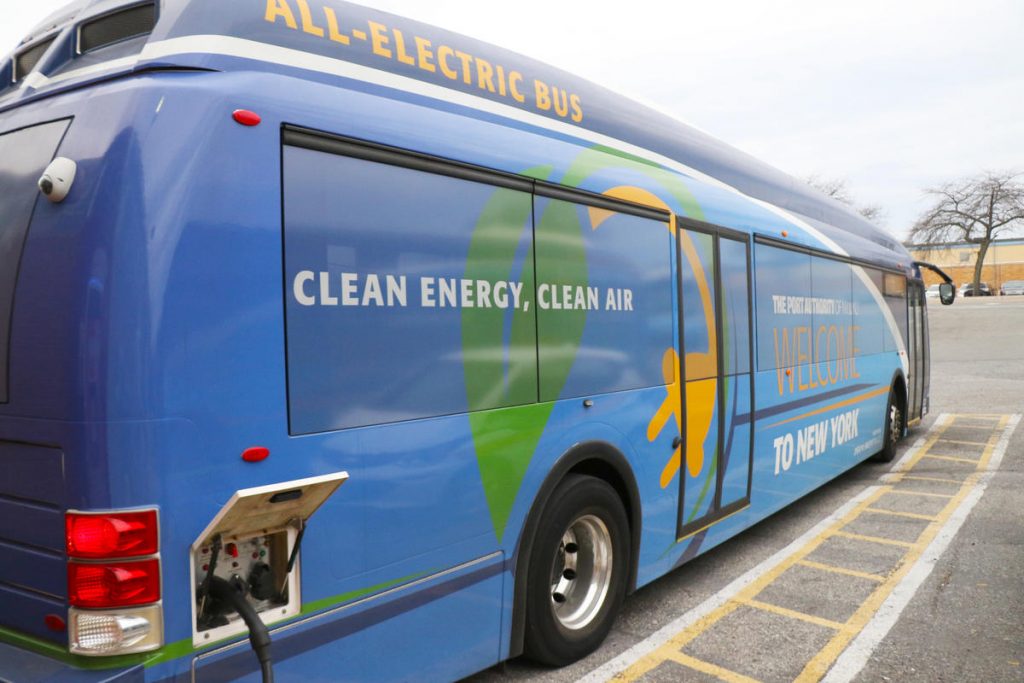 America has been living through particularly difficult times. As our leaders consider how to contain the coronavirus, create jobs and address environmental injustice, they have a chance to make some big changes that are long overdue.
America has been living through particularly difficult times. As our leaders consider how to contain the coronavirus, create jobs and address environmental injustice, they have a chance to make some big changes that are long overdue.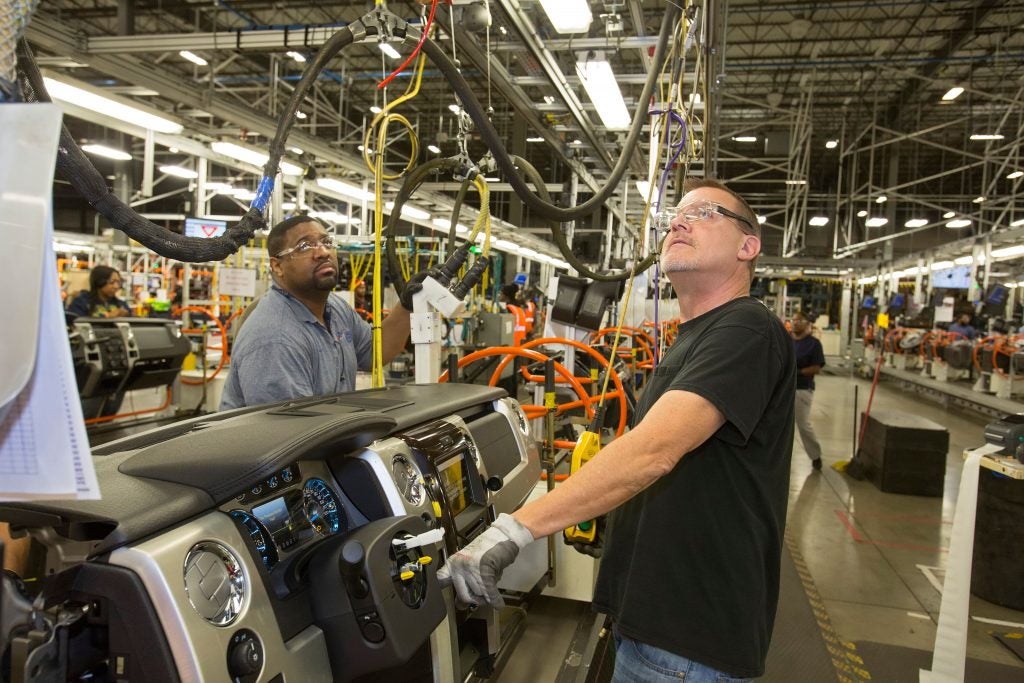 Support domestic manufacturing of electric vehicles, batteries and component parts.
Support domestic manufacturing of electric vehicles, batteries and component parts.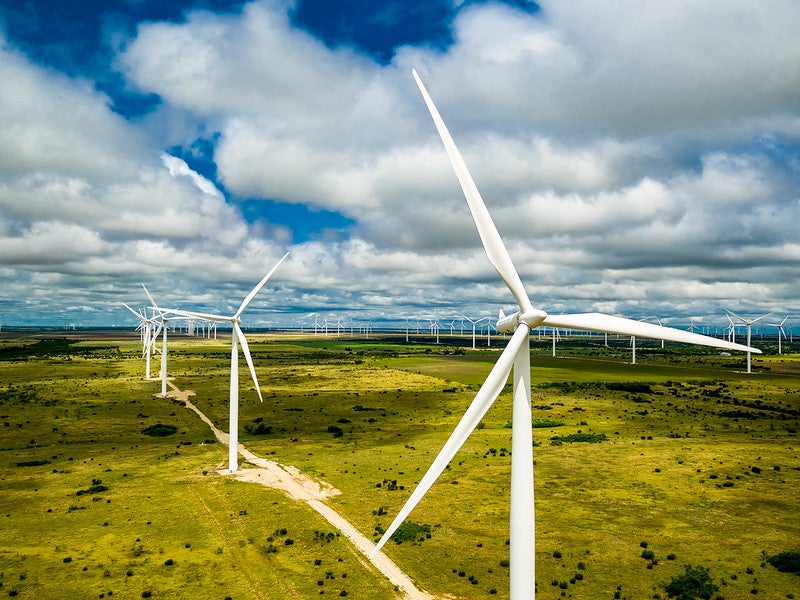 Extend and expand clean energy tax credits for wind, solar, energy efficiency, and storage.
Extend and expand clean energy tax credits for wind, solar, energy efficiency, and storage.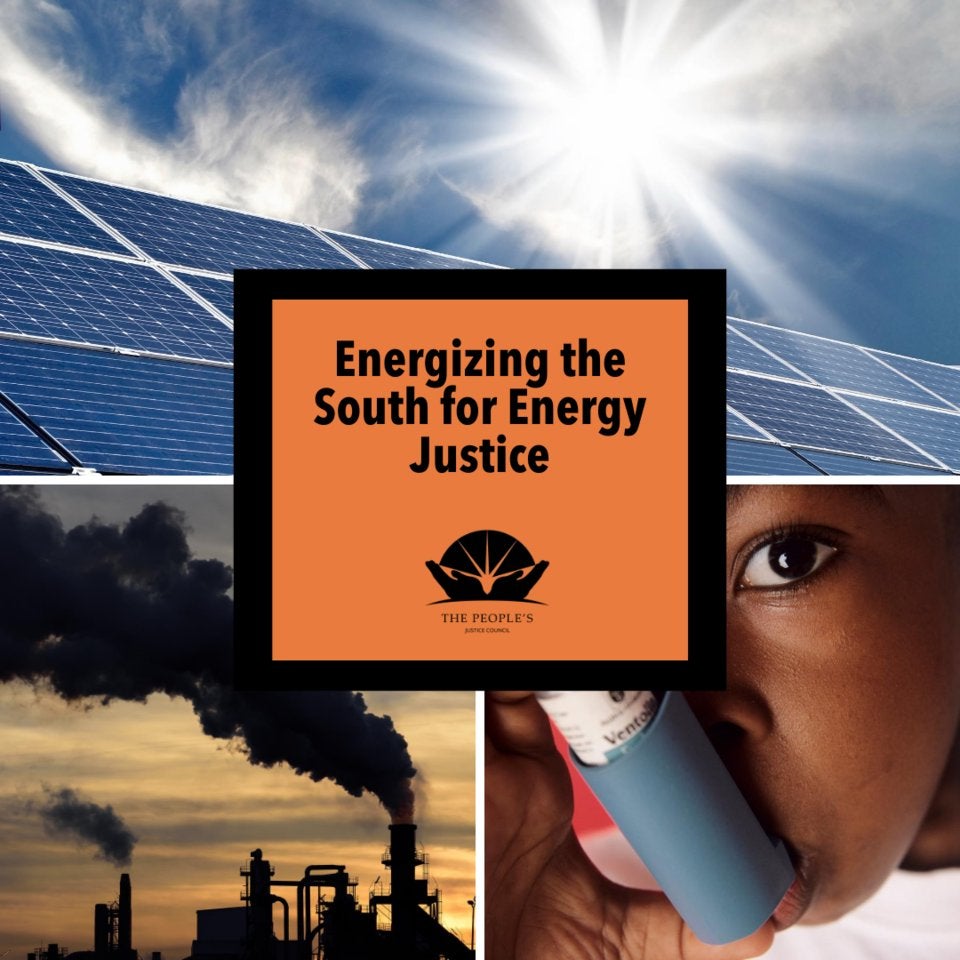 Guest blog by Reverend Michael Malcom
Guest blog by Reverend Michael Malcom